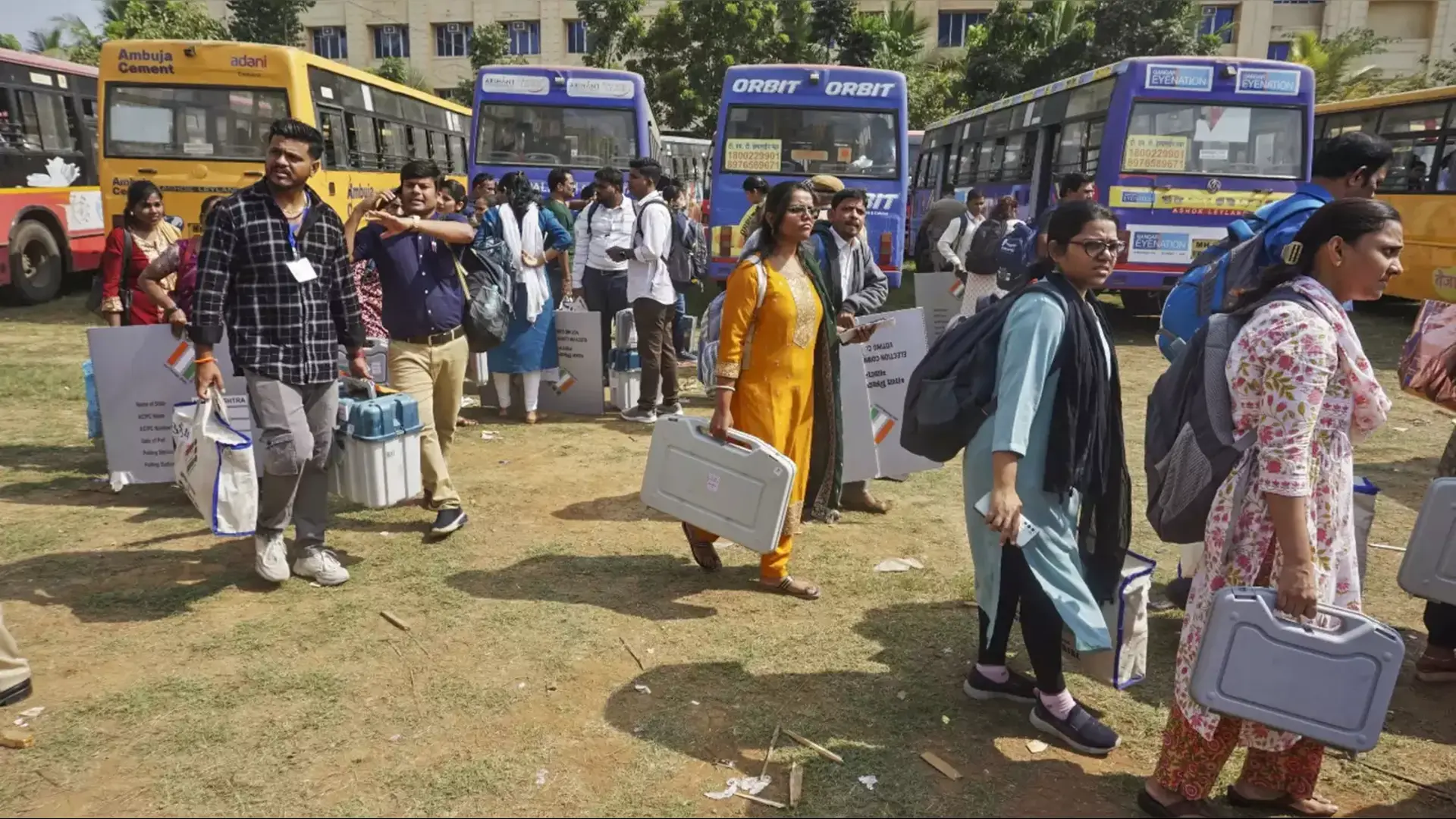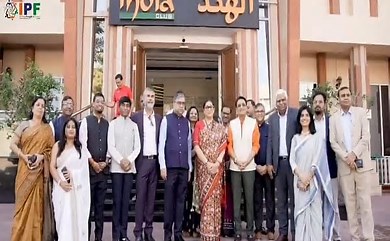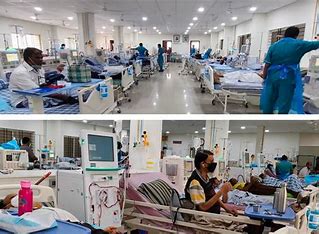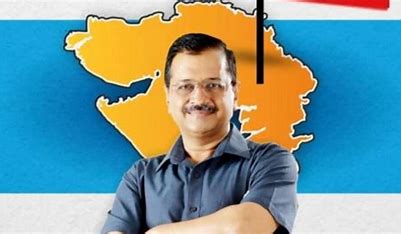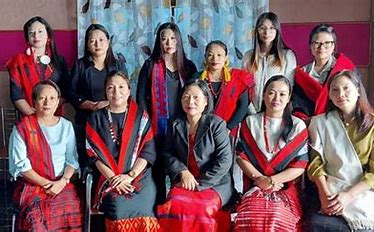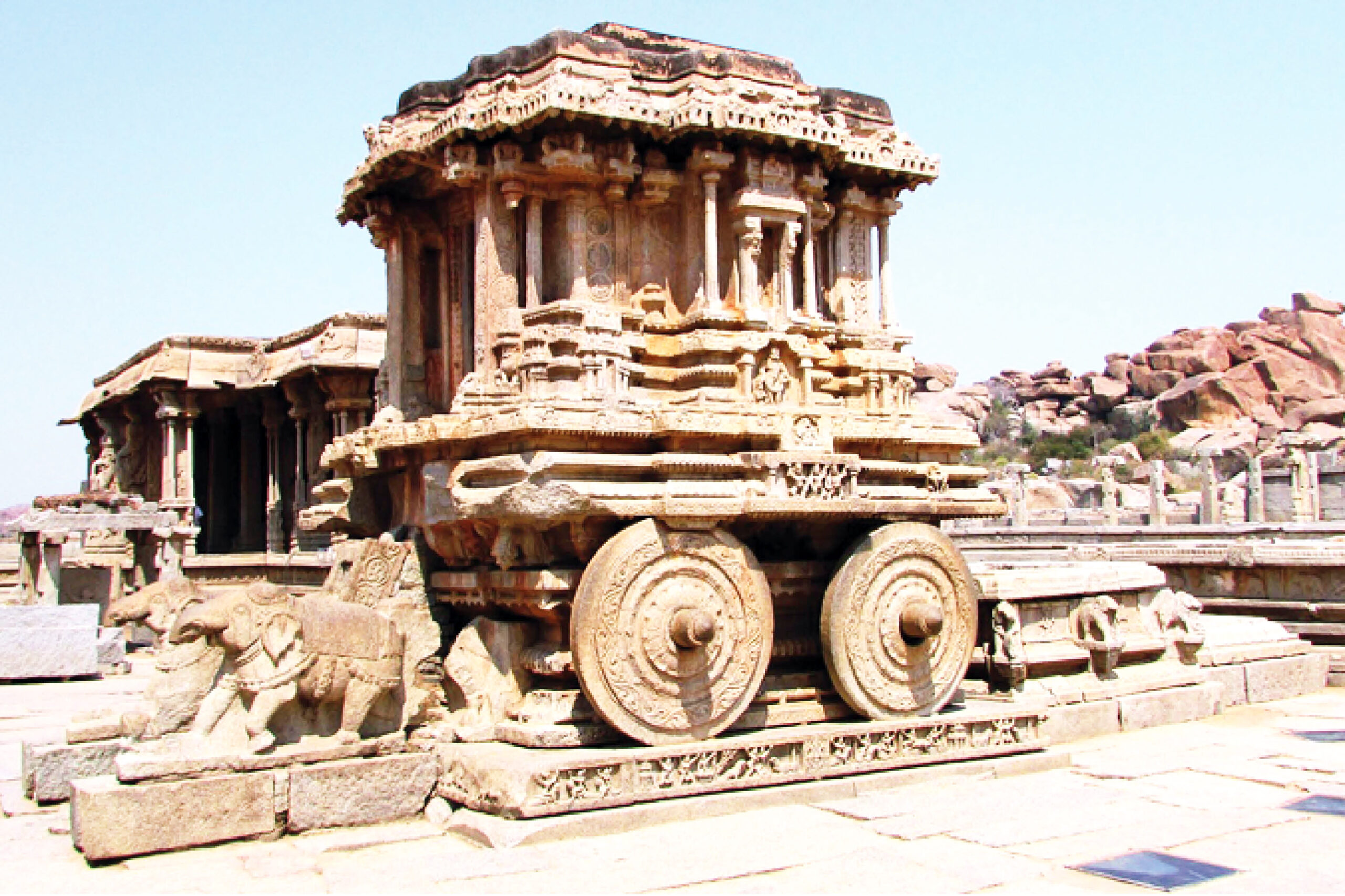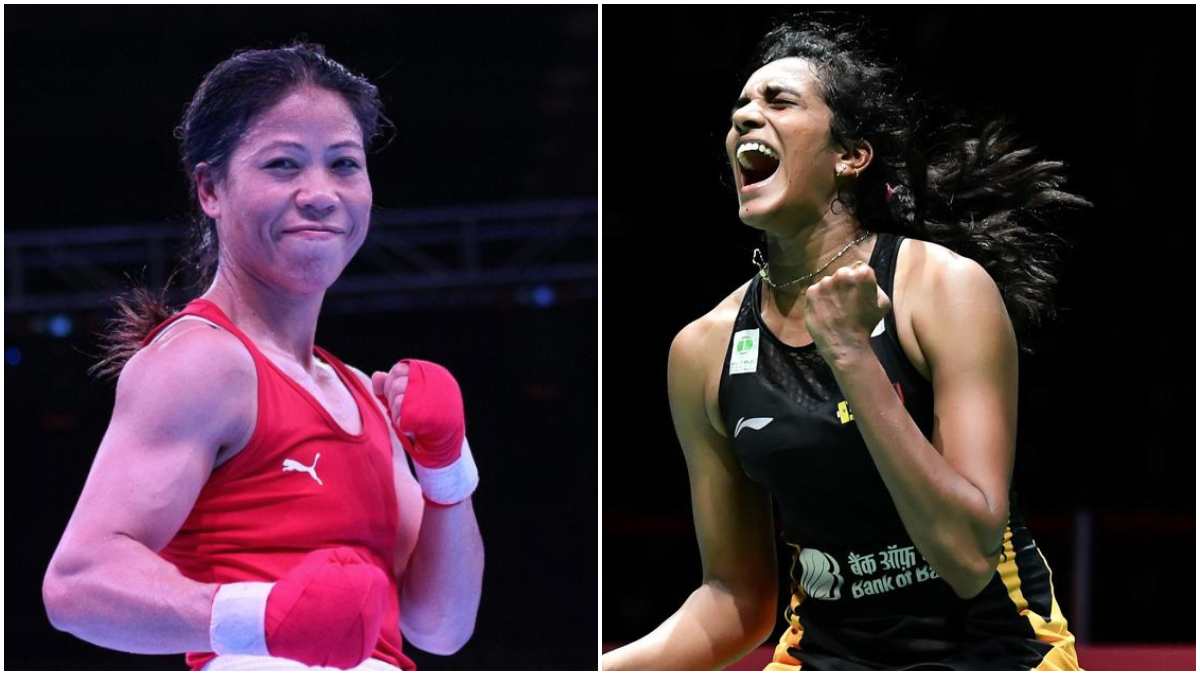
Sports have become a foremost global business. The 1990s saw a huge surge in the sports business and this era has also been described as the golden age of sports. The field of sports witnessed massive commercialisation after the rapid stretch of satellite small screen TV. No doubt, some people say it is an idiot box but this resulted in financial stability to players and organisers.
Indian Premier League (IPL) and Twenty-20 cricket have brought mind-blowing riches to the Indian sub- continent. The ICC Women’s World Cup Cricket final between India and host England held on 23 July 2017 at Lords (the premier cricket ground of the world) in London clocked 19.53 million impressions on TV, making it the most watched women’s sporting event in India.
It was a heartbreaking end to a fantastic run. India lost to England by 9 runs. In the run up to the final, India defeated England, Pakistan, West Indies and Australia.
With a substantial mix of marketing, promotion and corporate sponsors have endorsed a match that generates a financially feasible situation for the sponsor and the women’s sports. Nevertheless, marketing to women’s sport through and through women’s sport has been deemed calling edge tactics
Companies have started to cash in on the flourishing awareness and attention in women sports. The medium has become new forceful and further recognizable one.
Ace star P.V. Sindhu was the first Indian badminton player to play in an Olympic final. Sindhu went to Rio Olympic 2016 with no sponsorship deals, but she came back with silver medal and super status that will be difficult to overthrow. She be- came India’s second highest paid sports celebrity for endorsements. The mega star is already the ambassador for about a dozen brands, ranging from a health drink to a bank.
In fact, there are several more in the pipeline especially after she became the first Indian woman to win a silver medal in women singles badminton at the Asian Games 2018 and won the coveted gold in women’s singles. She also won first badminton world title in 2019 in Basel (city in north Switzerland). She won the match in 38 minutes making it the shortest final to decide the women’s world title. She won five medals in the world – two bronze, two silver and a gold.
Dutee Chand, 23, national record holder 100 m sprint. She joins an impressive list of world class PUMA athletes, including sprint legend Usain Bolt in 2019.
Sportswomen have hit the headlines for managing both the sport and the mother- hood. Female athletes are drawing inspiration from one another as they fight for same or identical treatment.
Flex, six times Olympic and 11-time world champion. She gave birth to a daughter via emergency caesarean section in November 2019. In May 2020 the long-time athlete sponsor Nike wanted to pay her 70 percent after having her first child. Nike also said it would end financial penal- ties for pregnant athletes.
The most glaring pay dis- parities are seen in sports where females and stars who are mothers are paid less than half of what their male counterparts get, even if they have better performance in sports.
Studies suggest that motherhood impacts athletic performance in a complex way. Many foreigner and Indian athletes return after giving birth. These mothers have performed well on the field. Examples are galore to establish this. There is no dearth of such shining stars in India. Few names are as follows: P.T. Usha, Shiny Abraham Wilson, Suman Rawat Mehta, Sarita Devi, Mary Kom, Koneru Humpy and Sania Mirza. They all won global titles in their respective fields of sports.
On 31 August 2020, Indian chess contingent became joint winners with Russia in the World chess Champion- ship, the first of its kind to be hosted on a virtual platform. The 33-year-old as World No. 2 Koneru Humpy’s class act was the raison d’être for the Indian making the cut. She had to make the painful choice of staying away from her two-year-old daughter Ahana and playing games from her parent’s home in Vijayawada. She conquered during the country’s Olympiad.
M.C. Mary Kom is the first female pugilist to win the World Championship crown six times (2002, 2005, 2006, 2008, 2010 and 2018). She won the world titles five times in a row between 2002 and 2010.
Two women are having the longest career. One, P.T. Usha who represented India from 1980 to 1998 in four Olympic Games, five Asian Games and in five ATF meets. Two, Shiny Wilson who represented India 72 times in International meets from 1981 to 1995. She won the 800 m race in her last major meet: The ATF meet in 1995 in Jakarta, Indonesia.
The writer is a former Associate Professor at the University of Delhi and a Consultant at the Limca Book of Records
